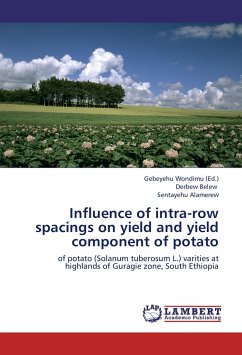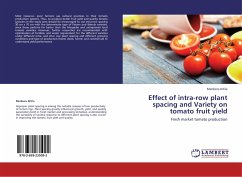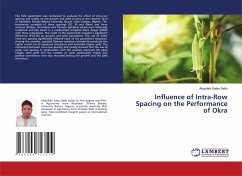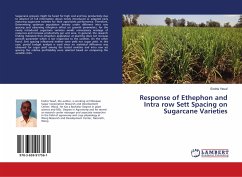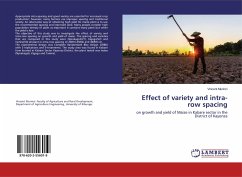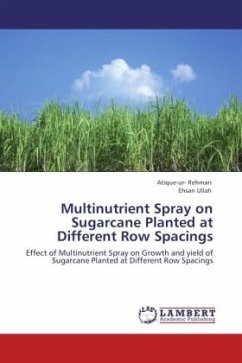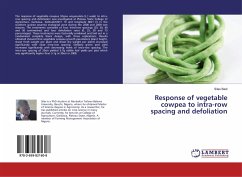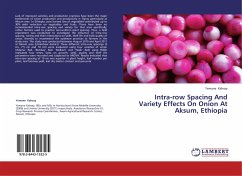In contrary to the diversified uses of the potato crop there are lots of production and productivity bottlenecks which are hindering the smooth expansion. Among these, limitations of improved agronomic and crop protection technologies and lack of improved varieties for all agro ecology zones; are the dominant restrictive factors of the sector. Farmers around the study area produce potato using the local cultivars and with non uniform planting density due to the lack of recommended intra- row spacing. A 4x4 factorial experiment arranged in randomized complete block design with three replications was conducted at Geta Woreda, Guragie Zone, Southern Ethiopia from December 2009 to April 2010 cropping season to assess the effects of intra-row spacing and variety on yield and yield components of potato (Solanum tuberosum L.). Four intra-row spacings (20, 25, 30 and 35 cm) and four potato varieties (Gudenne, Jalenne, Gera and Guassa) were used in the experiment. Therefore this research output is crucial and vital for farmers of the similar agroecoloy zone, simultaneously researchers those wants to conduct investigating on such commodity uses as an information.

